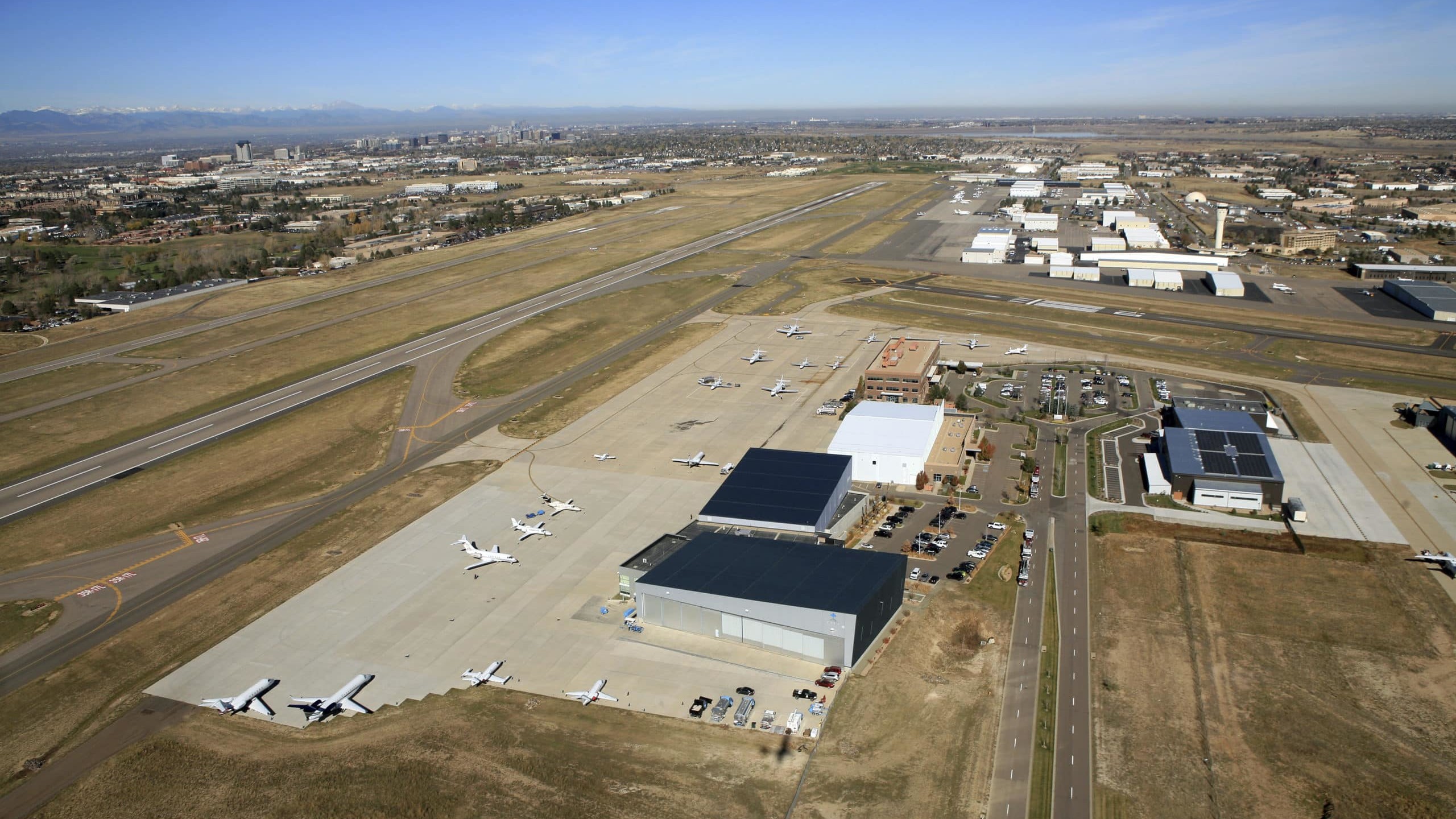About EcoDevo 101: The practice of economic development is vital to the advancement of any thriving community. It is also often misunderstood. In this series, we’ll dig deeper into the topics that underpin the profession, from public policy and mobility to technology and community planning, among many others.
The Denver South region is home to a staggering 83 million square feet of combined office, industrial, flex, and retail commercial real estate. It is big business with nearly 2,200 buildings throughout the area. Since the start of the pandemic in March 2020, a substantial portion of office and industrial employers shifted to remote work, possibly changing the commercial real estate landscape as we know it. To better understand these changes as we look at 2021 and beyond, we asked our friends from CBRE to share their views and forecasts specific to the office and industrial markets.
Office

Mitch Bradley has nearly 25 years of experience in the Metro Denver office market and has been with CBRE since 1992. As Senior Vice President of Advisory & Transaction Services, Mitch focuses on leasing opportunities representing both landlords and tenants.
The office is not going extinct. As vaccine distribution continues, kids go back to school full time, and virus positivity rates continue to level off and drop, more employees will return to the workplace and find positive in-person interactions with their co-workers. Meetings in the office, casual discussions around the water cooler, team lunches and happy hours will remind employees of the benefits of being at the office. Employers will see the benefits of their workforce collaborating in person at the office as the employees begin to utilize the office as their destination of choice.
Looking back, the South Denver office market felt the distress of the recession brought on by the COVID-19 pandemic. Negative absorption, increasing vacancy and sublease availability have been common themes for the past 12 months. However, as employers determine their office reentry strategies along with their long-term flexible work strategies, overall activity in the market will pick up but not to pre-pandemic levels. Employers have lease expirations and other lags in the decision process that will delay new ways of working.
The remainder of 2021 and most of 2022 will be filled with starts and stops of activity, varying lease rates depending on office quality and location and plentiful opportunities to find the right location for long-term occupancy. Employers will enhance the health and safety of their environments and will benefit from employees returning to the office in the form of increased collaboration, innovation, and morale. South Denver remains well poised to recover from the COVID-19 pandemic due to its favorable pricing compared to the major markets on the coasts, diverse industry mix, quality employees, numerous levels of housing, best-in-class schools, and overall quality of life.
Industrial
Jessica Ostermick has over 15 years of experience in commercial real estate as Director of CBRE’s Capital Markets, Industrial & Logistics Services division. Partnering with Tyler Carner and Jeremy Ballenger, Jessica team focuses on opportunities in the industrial marketplace.
South Denver’s industrial sector is on a roll! With the metro region surpassing 3.0 million in population combined with above average rates of population growth in both southern and northern Colorado, some industrial companies are augmenting their local distribution networks from one centrally located “hub” facility to two north and south locations that bifurcate distribution. This shift, along with broad-based growth across the industrial sector, has accelerated South Denver’s industrial expansion in the last two years while proving resilient throughout the pandemic-induced downturn.
According to CBRE, industrial tenant rent payments in metro Denver saw minimal impacts in 2020 although a higher number of lease renewals were signed in Q1 and Q2 2020 compared to new leases. A resurgence in newly signed industrial leases occurred in Q3 and Q4 2020 though suggesting pent up demand for industrial/flex space existed along with improved confidence in the economy.
At over 30 million sq. ft. of industrial inventory, the Southeast and Southwest submarkets accounts for 12% of the metro Denver market. Another 475,000 sq. ft. of Class A product is underway in addition to a healthy pipeline of proposed product that will deliver over the next 2-5 years.
Functional Class A product is in demand from a diverse set of companies: e-commerce and consumer goods, advanced manufacturing, life science, building materials, food/beverage and third-party logistics (3PLs) companies. Major new entrants to the South market include a 202,000-sq.-ft. FedEx build-to-suit at Invesco’s Highfield Business Park and a 150,000 sq. ft. Amazon build-to-suit that will further accelerate the south market’s industrial expansion.
Although e-commerce’s adoption rates are anticipated to normalize in 2021-2022, south Denver industrial demand drivers are diverse and heavily influenced by regional population growth that is not slowing.
Suggested Reading:
A New Normal
As all Coloradoans will soon be able to receive a COVID-19 vaccination, we may experience a slow return to a “new normal”. And remote work, with all its pros and cons, may be here to stay. What that means for the long term commercial real estate landscape is still unclear. It is clear however, that the Denver South region, with its diverse industry sectors, real estate products, and strong quality of life, remains an attractive location to locate and grow a business.
Hungry for the data?
Check out the Denver South Commercial Real Estate profile: https://denver-south.com/the-region/commercial-real-estate/ and find the latest research and insights from CBRE: https://www.cbre.com/research-and-insight.


